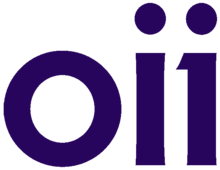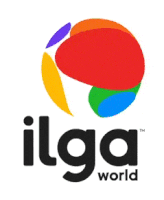
The International Lesbian, Gay, Bisexual, Trans and Intersex Association (ILGA) is a LGBTQ+ rights organization.
The Intersex Campaign for Equality (IC4E) is a non-governmental organization that advocates for the human rights of intersex people. It was formerly the US affiliate of Organisation Intersex International.

Intersex Human Rights Australia (IHRA) is a voluntary organisation for intersex people that promotes the human rights and bodily autonomy of intersex people in Australia, and provides education and information services. Established in 2009 and incorporated as a charitable company in 2010, it was formerly known as Organisation Intersex International Australia, or OII Australia. It is recognised as a Public Benevolent Institution.
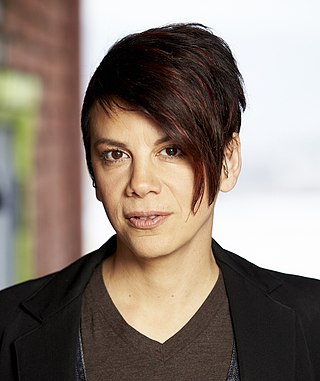
Hida Viloria is a Latine American writer, author, producer, and human rights activist. Viloria is intersex, nonbinary, and genderfluid, using they/them pronouns. They are known for their writing, their intersex and non-binary human rights activism, and as one of the first people to come out in national and international media as a nonbinary intersex person. Viloria is Founding Director of the Intersex Campaign for Equality.

Intersex civil society organizations have existed since at least the mid-1980s. They include peer support groups and advocacy organizations active on health and medical issues, human rights, legal recognition, and peer and family support. Some groups, including the earliest, were open to people with specific intersex traits, while others are open to people with many different kinds of intersex traits.

The International Intersex Forum is an annual event organised, then later supported, by the ILGA and ILGA-Europe that and organisations from multiple regions of the world, and it is believed to be the first and only such intersex event.

OII Europe is the umbrella organisation of European human rights-based intersex organisations. It is a non-governmental organization (NGO) which is working for the protection and full implementation of intersex people's human rights in Europe.
Oii-Chinese is an intersex advocacy and support group and the Chinese-language affiliate of Organisation Intersex International. Oii-Chinese, founded by Hiker Chiu in 2008, is active in Taiwan, Hong Kong, and other areas in East Asia.
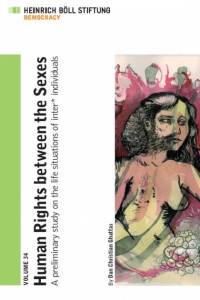
Human Rights between the Sexes is an analysis of the human rights of intersex people in 12 countries. It was written by Dan Christian Ghattas of the Internationalen Vereinigung Intergeschlechtlicher Menschen and published in October 2013 by the Heinrich Böll Foundation. The countries studied were Australia, Belgium, France, Germany, New Zealand, Serbia, South Africa, Taiwan, Turkey, Uganda, Ukraine and Uruguay.

Intersex, in humans and other animals, describes variations in sex characteristics including chromosomes, gonads, sex hormones, or genitals that, according to the UN Office of the High Commissioner for Human Rights, "do not fit typical binary notions of male or female bodies".

Dan Christian Ghattas is an intersex activist, university lecturer and author who co-founded OII Europe in 2012 and is now executive director. In 2013, he authored Human Rights between the Sexes, a first comparative international analysis of the human rights situation of intersex people.

Intersex people are born with sex characteristics, such as chromosomes, gonads, or genitals, that, according to the UN Office of the High Commissioner for Human Rights, "do not fit typical binary notions of male or female bodies."

Intersex people are born with sex characteristics, such as chromosomes, gonads, or genitals that, according to the United Nations Office of the High Commissioner for Human Rights, "do not fit typical binary notions of male or female bodies".

Intersex people are born with sex characteristics, such as chromosomes, gonads, or genitals that, according to the UN Office of the High Commissioner for Human Rights, "do not fit typical binary notions of male or female bodies". "Because their bodies are seen as different, intersex children and adults are often stigmatized and subjected to multiple human rights violations".

The Malta declaration is the statement of the Third International Intersex Forum, which took place in Valletta, Malta, in 2013. The event was supported by the ILGA and ILGA-Europe and brought together 34 people representing 30 organisations from multiple regions of the world.
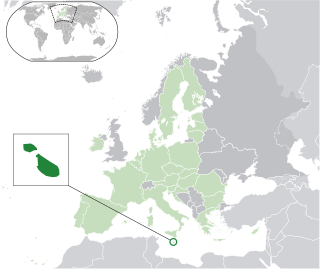
Intersex rights in Malta since 2015 are among the most progressive in the world. Intersex children in Malta have world-first protections from non-consensual cosmetic medical interventions, following the passing into law of the Gender Identity, Gender Expression and Sex Characteristics Act in 2015. All Maltese intersex persons have protection from discrimination. Individuals who seek it can access simple administrative methods of changing sex assignment, with binary and non-binary forms of identification available.
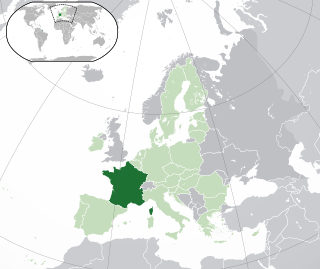
Intersex people in France face significant gaps in protection from non-consensual medical interventions and protection from discrimination. The birth of Abel Barbin, a nineteenth-century intersex woman, is marked in Intersex Day of Remembrance. Barbin may have been the first intersex person to write a memoir, later published by Michel Foucault.

Intersex people are born with sex characteristics, such as chromosomes, gonads, hormones, or genitals that, according to the UN Office of the High Commissioner for Human Rights, "do not fit the typical definitions for male or female bodies". Such variations may involve genital ambiguity, and combinations of chromosomal genotype and sexual phenotype other than XY-male and XX-female.
Irene Kuzemko, also transcribed from Ukrainian and Russian as Irina Kuzemko, is a Russian-Ukrainian intersex woman and intersex human rights activist. She co-founded Intersex Russia in 2017, is a youth member of interACT, and an executive board member of OII Europe. She have started her human rights advocacy as a member of Association of the Russian Speaking Intersex.
InterAction is a Swiss organization for intersex people, parents, friends and allies to educate, provide peer support and address human rights issues.
